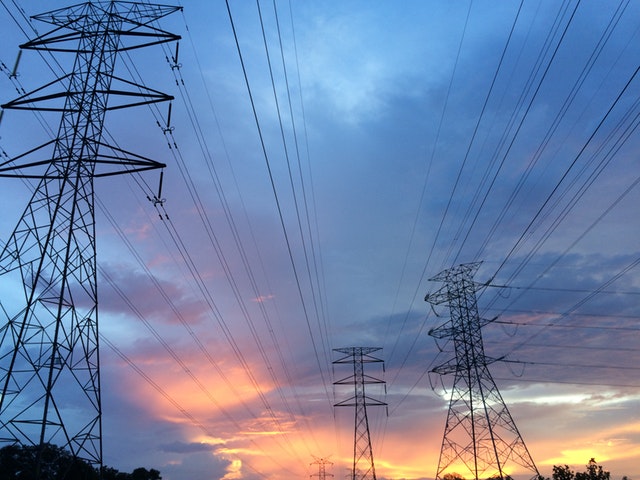The POWER of Language in a Lease
January 23rd, 2018 | By: Yousif G. Yatoma, Esq.
Landlords and Property Managers often deal with questions when it comes to payment of utilities. Who is ultimately responsible for them? How should they be treated in the lease agreement? What happens if a Tenant fails to transfer or maintain the utilities? Ensuring that the lease agreement includes provisions regarding utilities can go a long way in protecting your rights.
One of the factors to consider when drafting a lease agreement is the administrative management and actual costs of utilities for the rental unit. Lease agreements should at the very minimum have a provision that speaks to who will be responsible for paying each utility. Generally, Landlords have three options:
- The cost of the utility is included in the monthly rental rate;
- The Tenant is responsible for the cost of the utility and must maintain the utility in their name; or
- The utility is billed to the Landlord and then either passed on to the Tenant based on their specific usage or allocated to each Tenant based on a formula.
All have advantages and disadvantages but regardless involve some level of management or monitoring on part of the Landlord. This may include ensuring payment to avoid shut off (and frozen pipes during a Michigan winter) or taking the appropriate legal action to enforce your rights.
In addition to language identifying the responsible party, the lease agreement should state a Landlord’s options for a Tenant’s failure to comply. Some examples include utilities paid by the Landlord based on the Tenant’s failure to do so will be billed and collected as rent; that the Tenant’s failure to comply may be treated as a breach of the lease agreement and cause for termination of tenancy; and that the Landlord may recoup any costs incurred in paying the utility on the Tenant’s behalf.
In Michigan, if a Landlord files suit for nonpayment of rent, the judgment entered can include “any money due under a tenancy.”[1] Moreover, the MI Truth in Renting Act does not specifically preclude recovery of utilities in a summary proceedings action. [2] Furthermore, there is federal legal precedent that allows utilities to be collected as rent so long as the appropriate language is included in the agreement: “[u]tilities may be considered a part of rent or homebuyer payments if a recipient decides to define rent or homebuyer payments to include utilities in its written policies on rents and homebuyer payments . . . ”[3]
The Bottom Line: Language in a lease agreement is a powerful tool that can mitigate possible disputes caused by the need for utility cost recoupment. All factors should be considered before determining a property owner’s policy regarding utility services, charges, and fees, as well as identifying the responsible party.
[1] MCL 600.5741
[2] MCL 554.631 et seq.
[3] Title 24 – Housing and Urban Development, Section 1000.132 – Are utilities considered part of rent or homebuyer payments?
Speak with a Paletz Landlord
Advocate Today
 - advice for small to mid-size businesses to help them better their day-to-day operations
- advice for small to mid-size businesses to help them better their day-to-day operations 